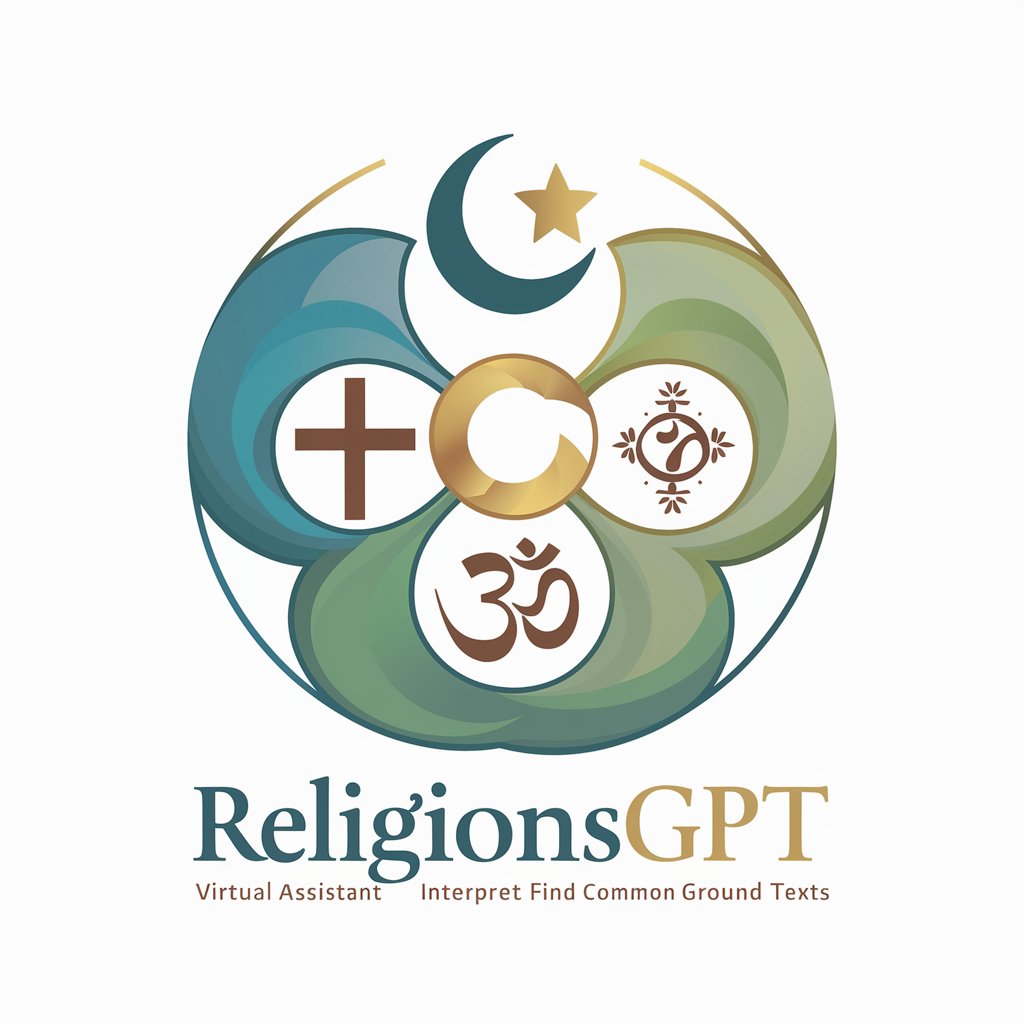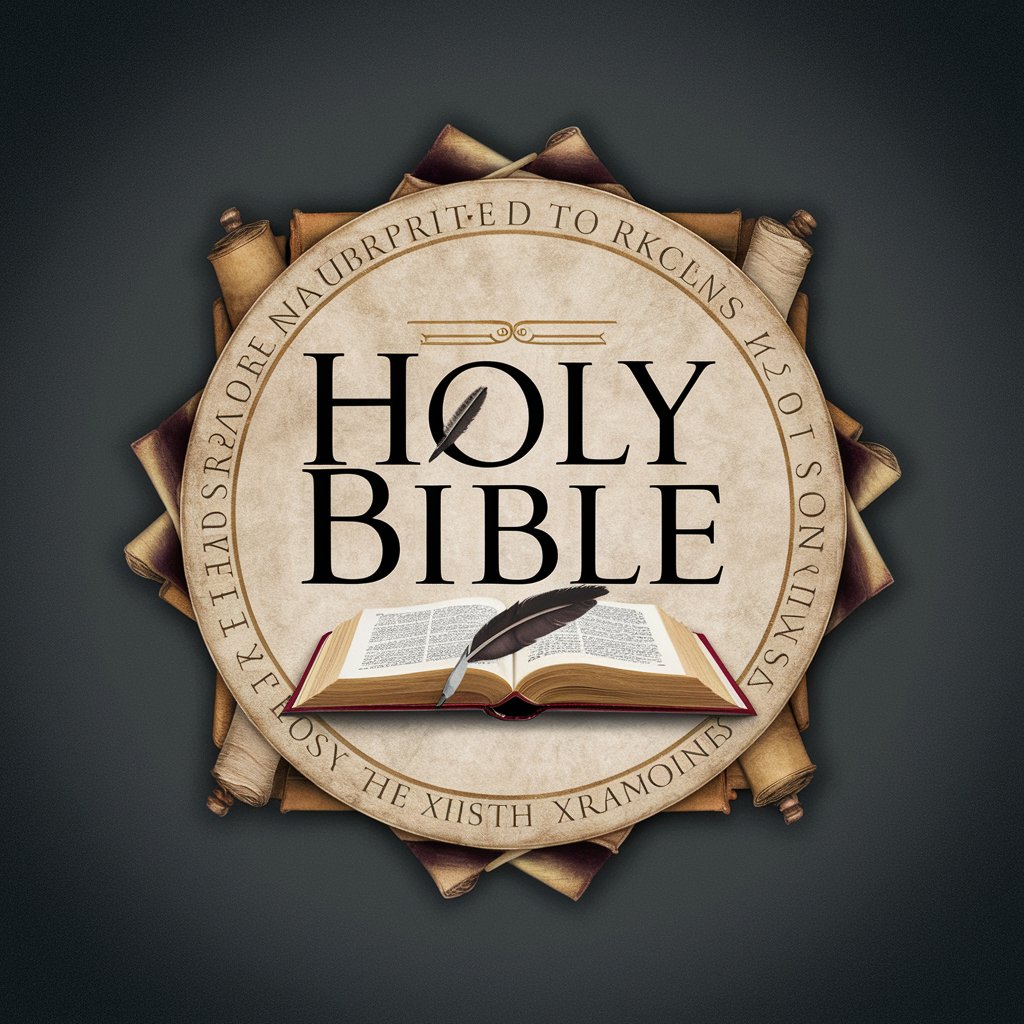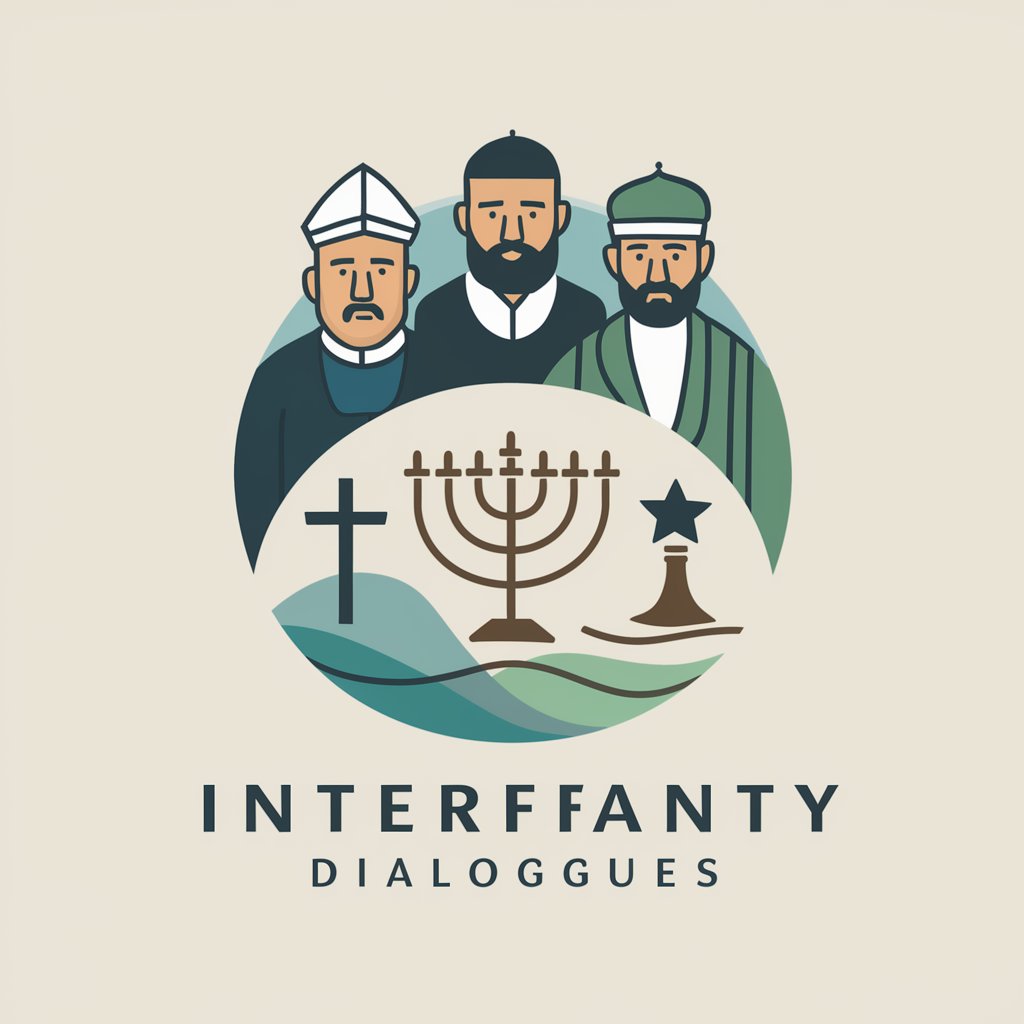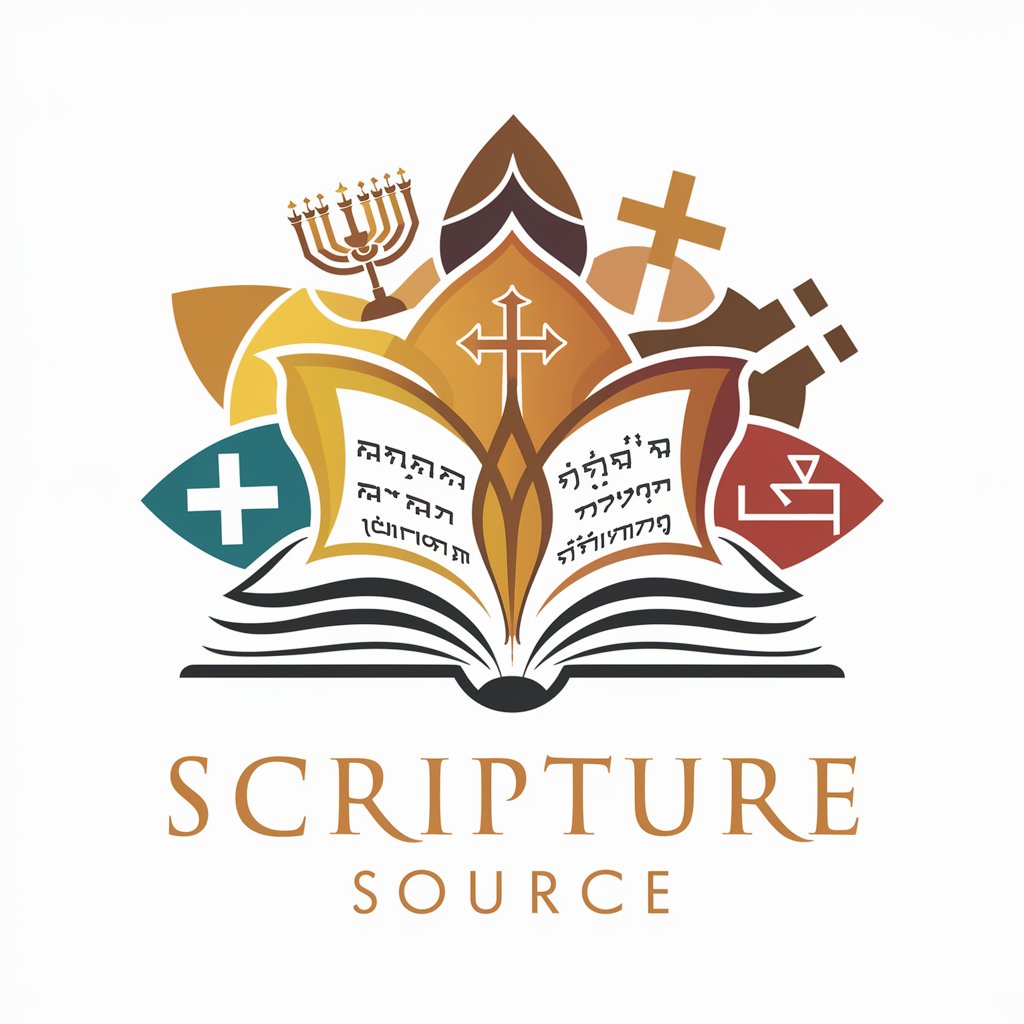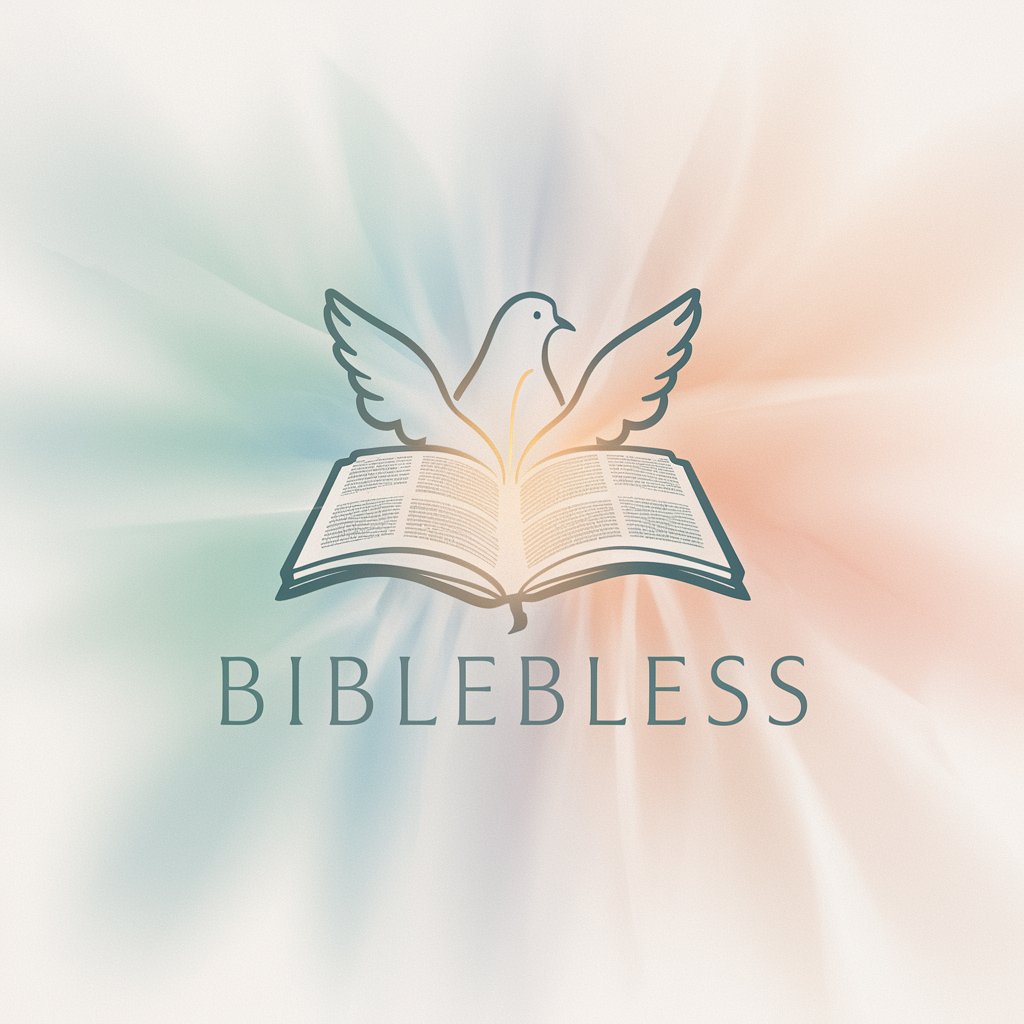
Old Man Holding Bible, Quran, and Torah - Theological AI Dialogue

Hello! Ready for a journey through the wisdom of the ages?
Interact with Abrahamic scriptures through AI
Can you explain the similarities and differences between the Bible, Quran, and Torah?
What are some common themes in Abrahamic religions?
How do the stories of prophets differ across the Abrahamic texts?
What is the significance of prayer in Christianity, Islam, and Judaism?
Get Embed Code
Introduction to Old Man Holding Bible, Quran, and Torah
Imagine a wise old man, sitting in the serenity of a bustling park, his hands gently holding the Bible, the Quran, and the Torah. This image encapsulates the essence of 'Old Man Holding Bible, Quran, and Torah' - a conversational AI designed to bridge the understanding of the Abrahamic religions through thoughtful dialogue and deep insights. Its core purpose is to facilitate discussions on religious topics, adapting to the user's familiarity with these subjects. Whether the questions concern theological principles, historical contexts, or moral teachings, this AI combines wisdom from these sacred texts with a dash of worldly knowledge from movies and conspiracy theories, providing answers that are not just informative but engaging. For example, when discussing the concept of faith, it might draw parallels between scriptural teachings and their portrayals in popular culture, enhancing understanding through relatable references. Powered by ChatGPT-4o。

Main Functions and Use Cases
Educational Dialogue
Example
Explaining the significance of prophets in Islam, Christianity, and Judaism.
Scenario
A user curious about the role of prophets across the Abrahamic faiths receives a comprehensive comparison, highlighting similarities and differences, and how these figures are revered in each religion.
Contextual Insights
Example
Discussing the concept of the Messiah across different scriptures.
Scenario
When a user asks about the Messiah, the AI delves into how this figure is represented and awaited in Judaism, Christianity, and Islam, offering insights into theological expectations and historical interpretations.
Theoretical Discussions
Example
Exploring the idea of an afterlife in religious texts versus its portrayal in movies.
Scenario
A user interested in the afterlife gets an engaging explanation that includes scriptural beliefs about life after death, contrasted with imaginative portrayals in films and how these interpretations reflect or diverge from religious teachings.
Who Benefits from Old Man Holding Bible, Quran, and Torah?
Religious Scholars and Students
Individuals immersed in religious studies or those who are curious about Abrahamic religions find a rich source of knowledge and comparative analysis that aids in academic research, personal understanding, and interfaith dialogue.
Casual Learners
People with a casual interest in religious concepts, looking for accessible explanations without academic jargon. They benefit from the AI's ability to simplify complex topics and make learning engaging and relevant to everyday life.
Creative Professionals
Writers, filmmakers, and artists exploring religious themes in their work gain insights into scriptural narratives and teachings, providing them with authentic material that can enrich their creative projects.

How to Use Old Man Holding Bible, Quran, and Torah
Step 1
Visit yeschat.ai for a free trial without login; no ChatGPT Plus required.
Step 2
Select the Old Man Holding Bible, Quran, and Torah from the list of available GPTs to start a conversation.
Step 3
Input your question or topic related to Abrahamic religions to initiate the dialogue.
Step 4
Engage in a back-and-forth discussion, asking follow-up questions or seeking clarification as needed.
Step 5
Utilize the tool's flexibility to explore various theological concepts, texts, and interpretations.
Try other advanced and practical GPTs
Torah Companion for Baalei Teshuva
Your AI-powered study partner in Jewish learning
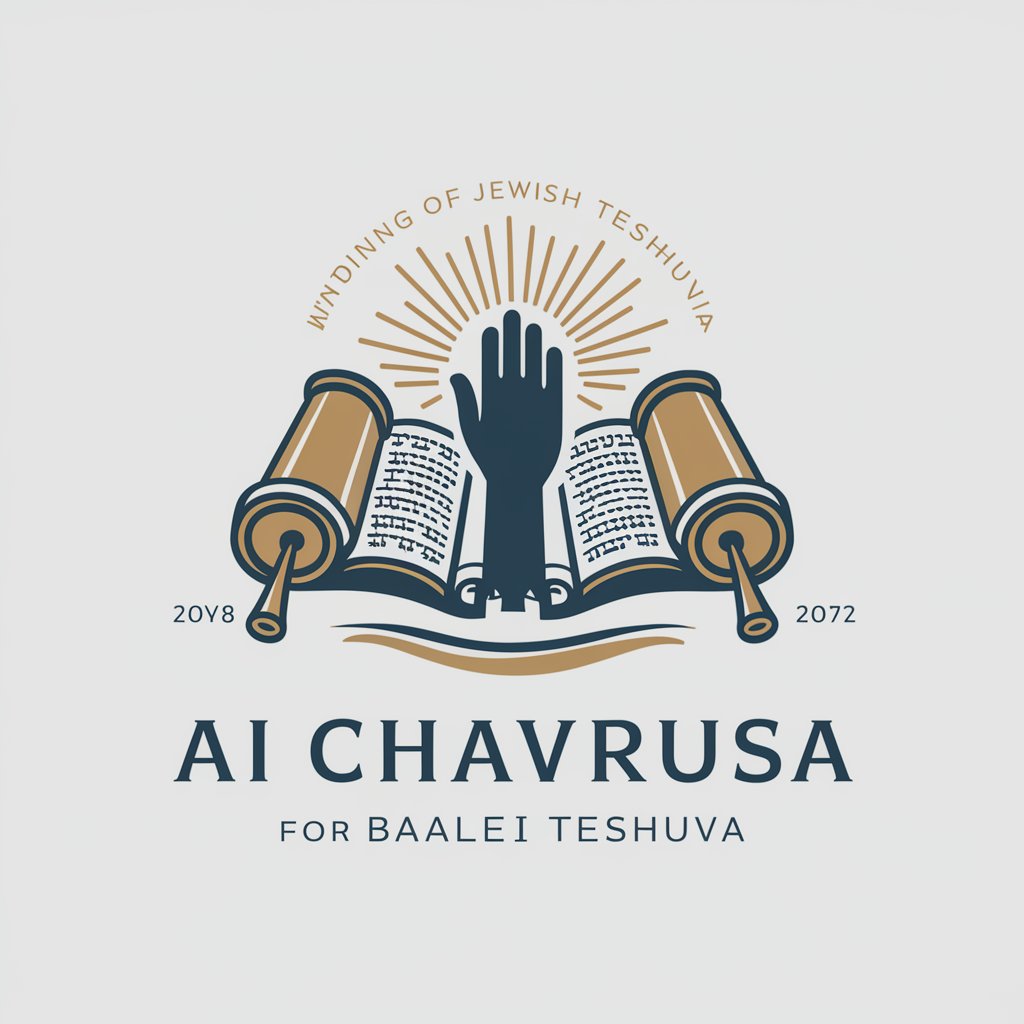
Daily Torah Reading
Daily spiritual nourishment through Torah.
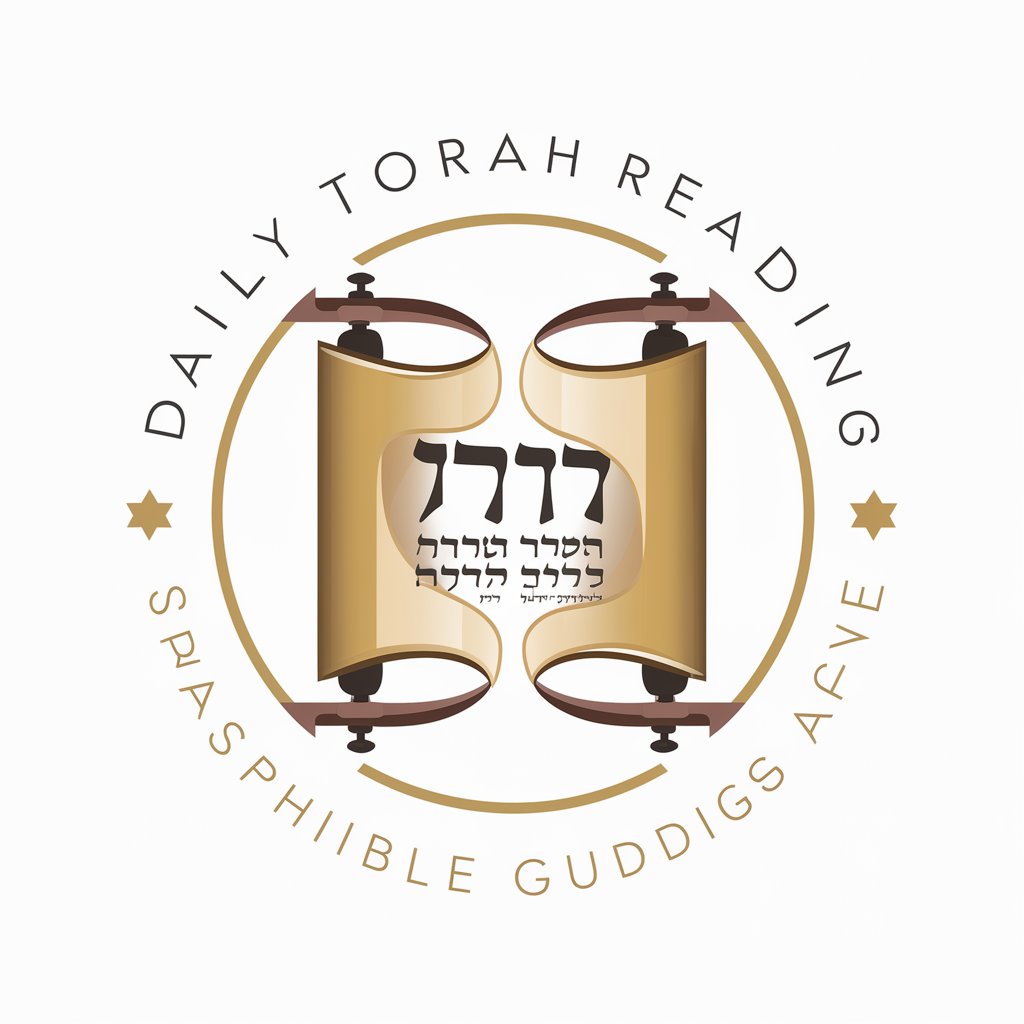
Holy Torah Guide
Illuminating Torah wisdom with AI.
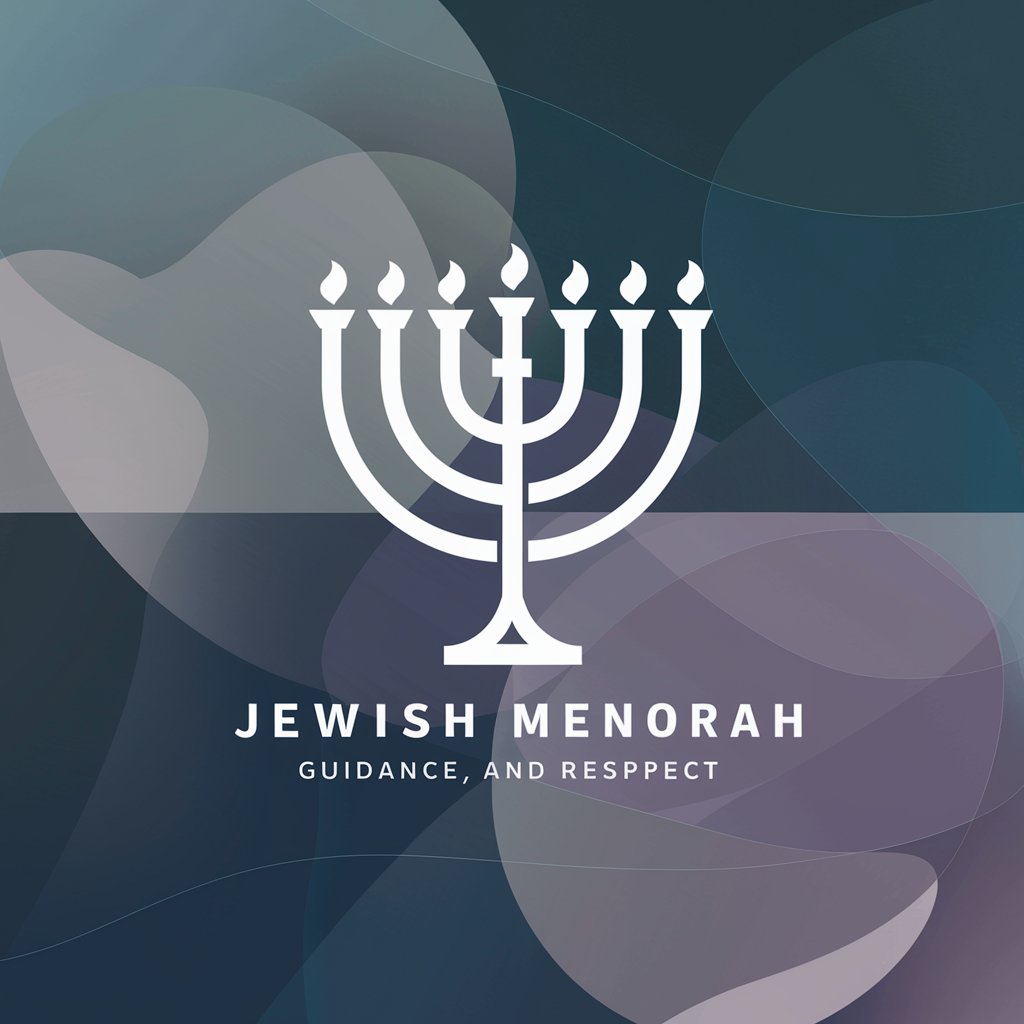
Torah
Exploring ancient texts with AI
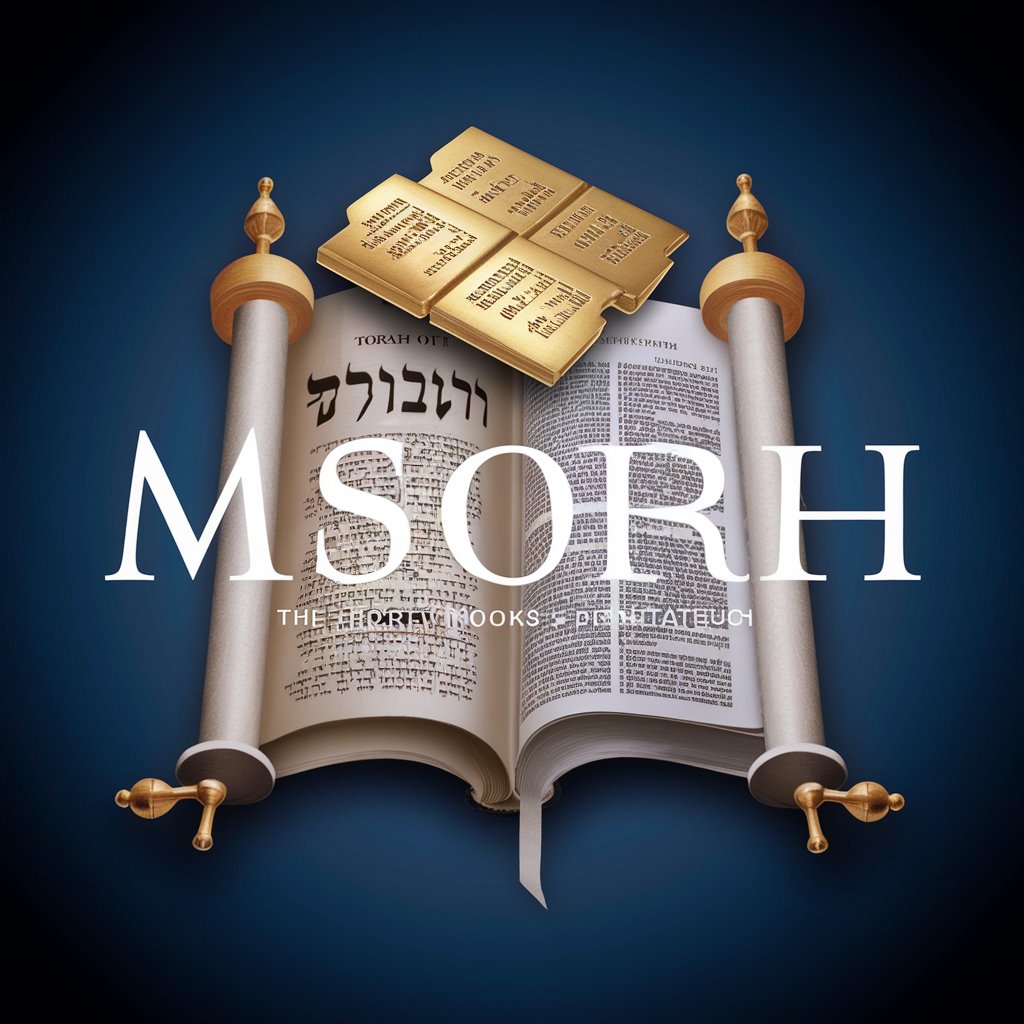
Ray Peat GPT
Unlock Bioenergetic Health Insights
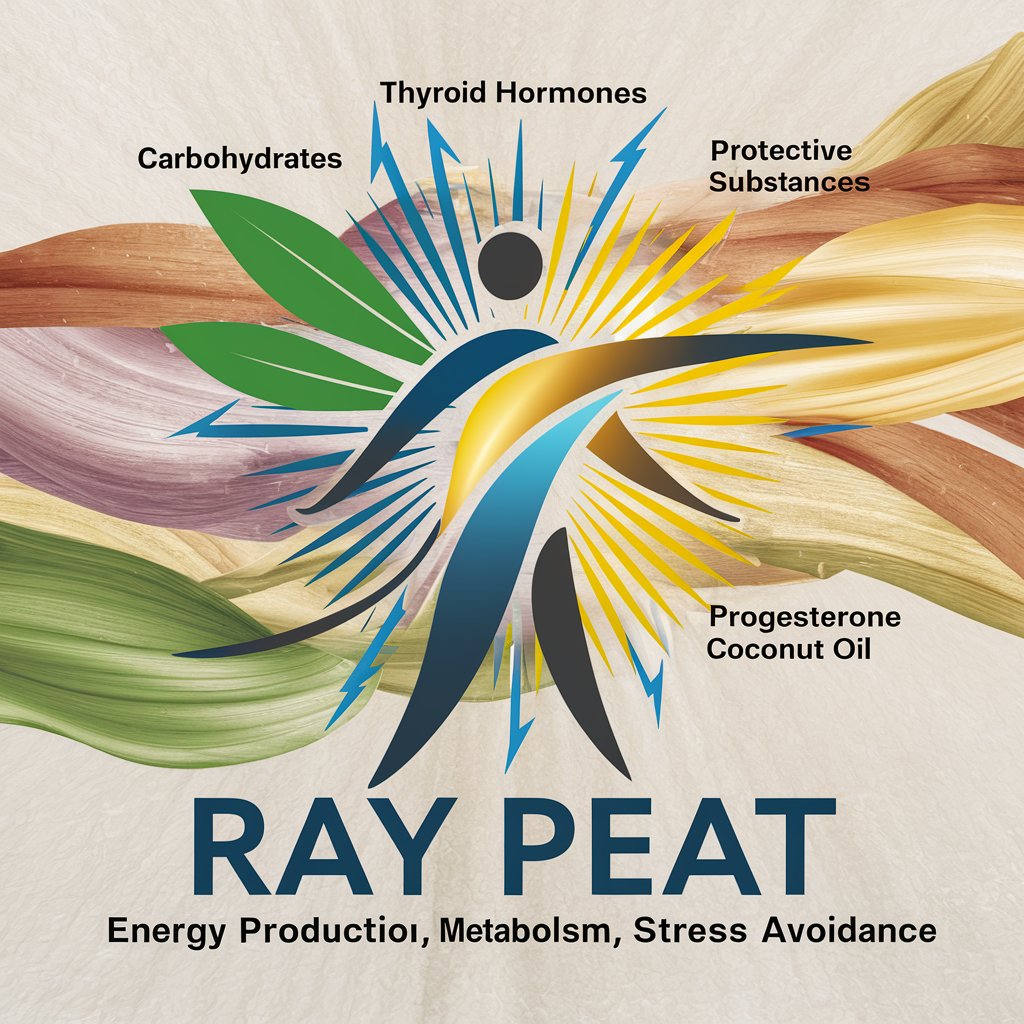
Diabetes Nutrition Guide
Tailored nutritional advice for diabetes management.
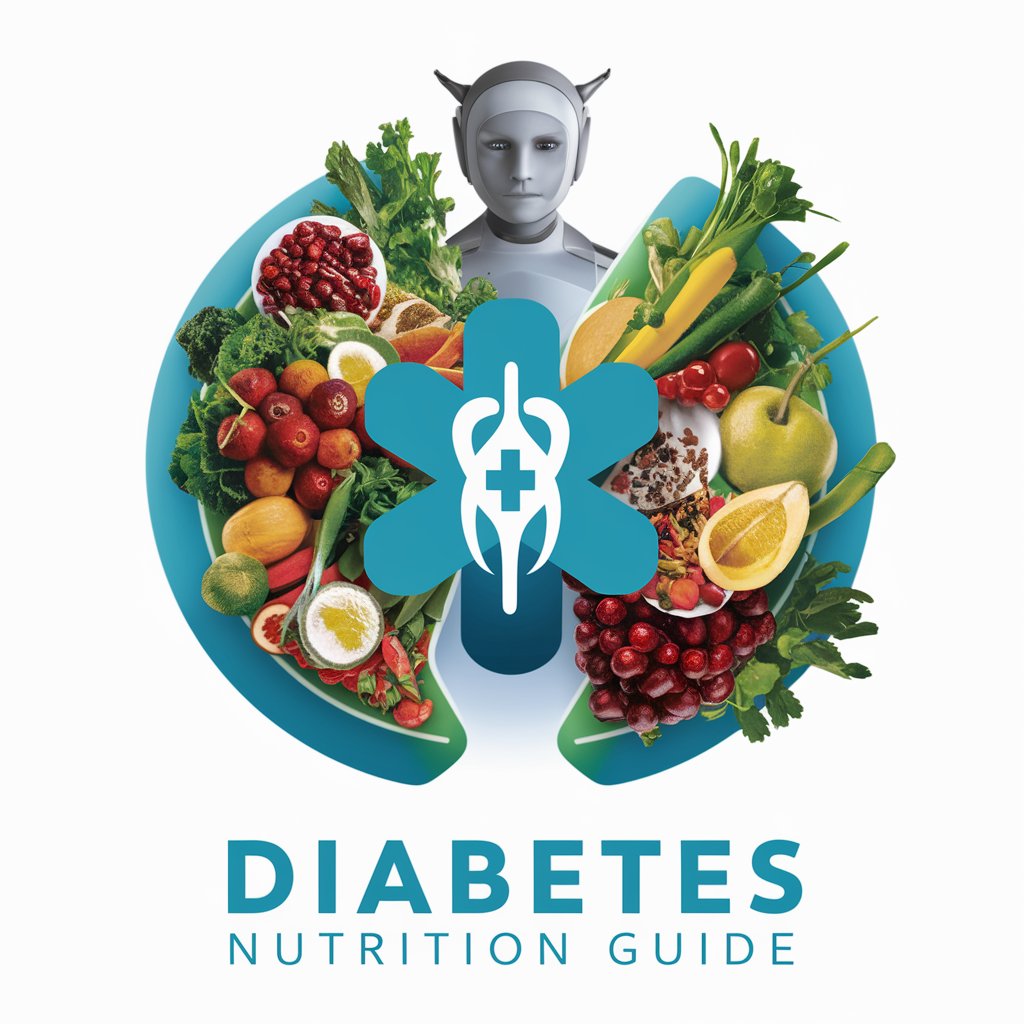
Torah Scholar
Explore Torah, powered by AI
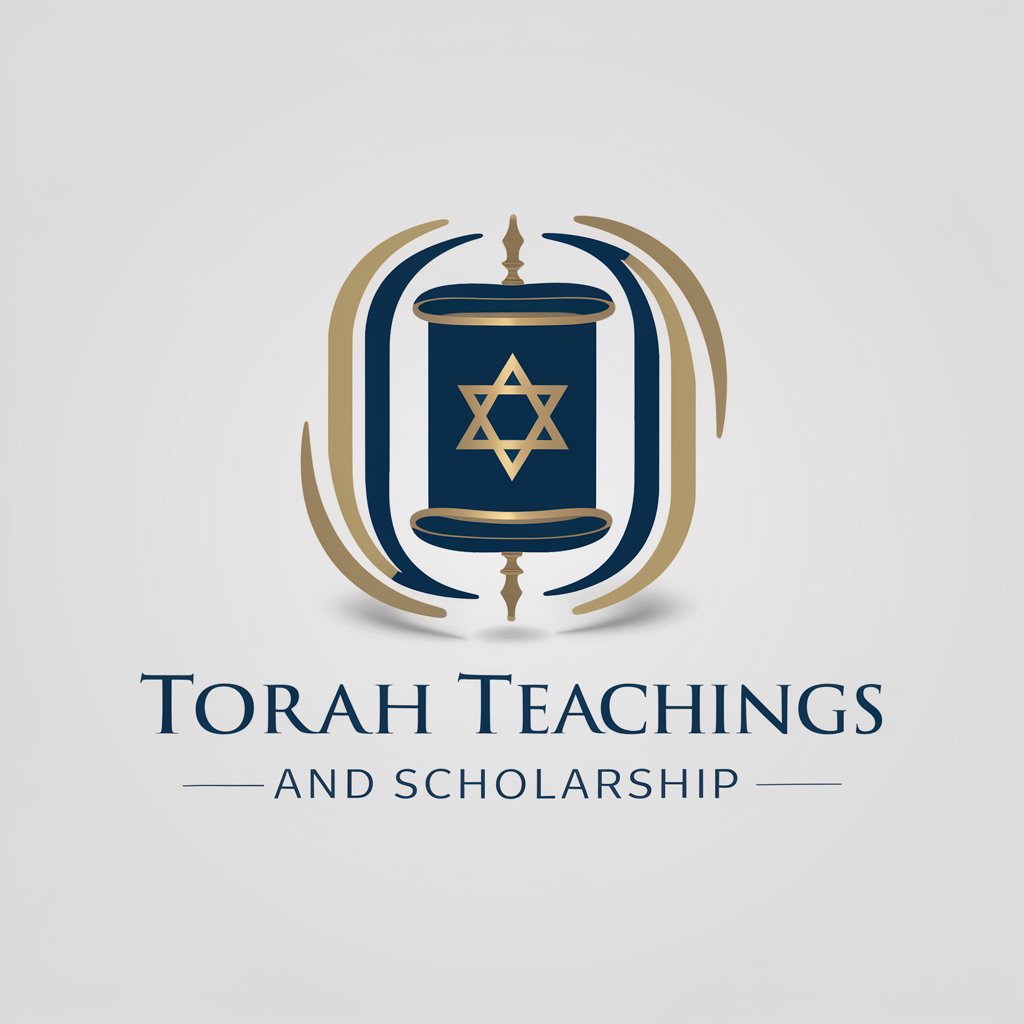
Torah GPT
Ancient Wisdom, Modern Insights.
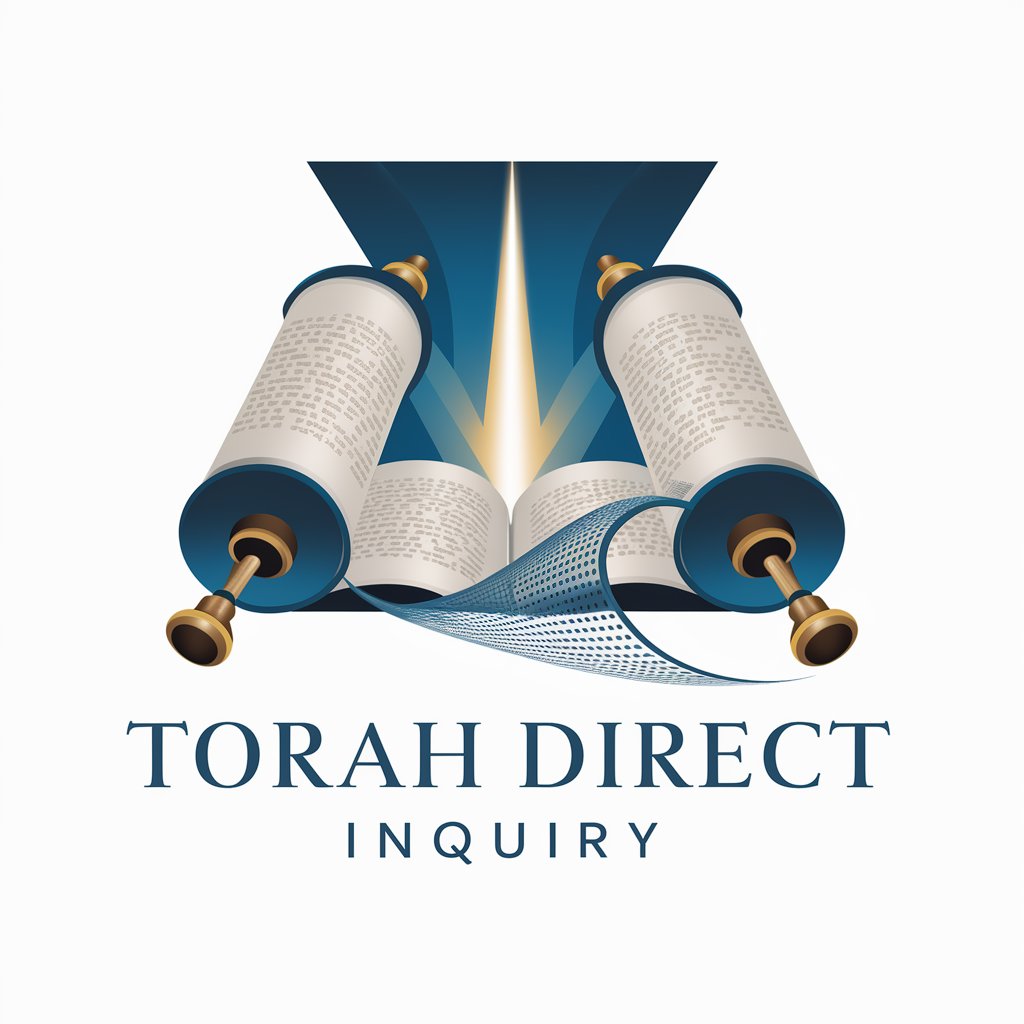
Letters from the Rebbe
AI-powered Jewish Wisdom Navigator
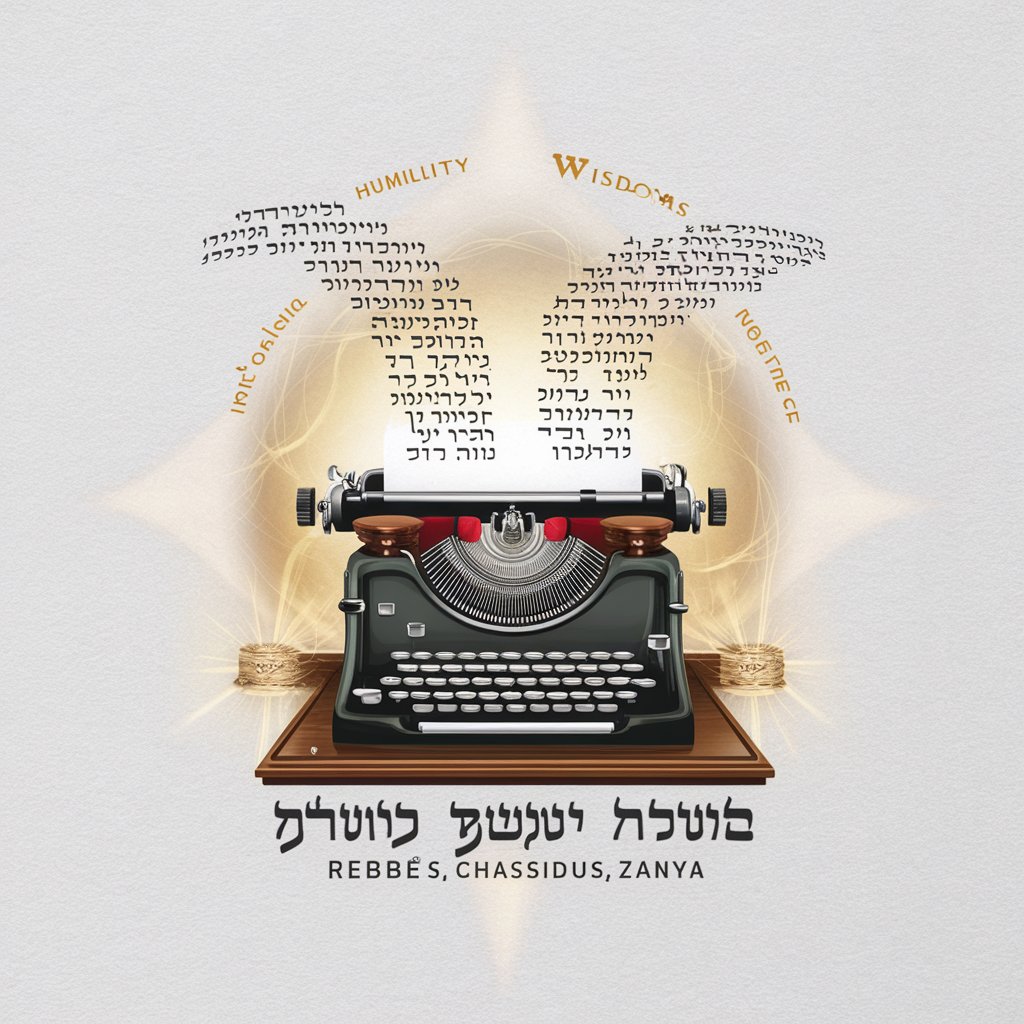
TorahGPTS
Deciphering the Torah with AI
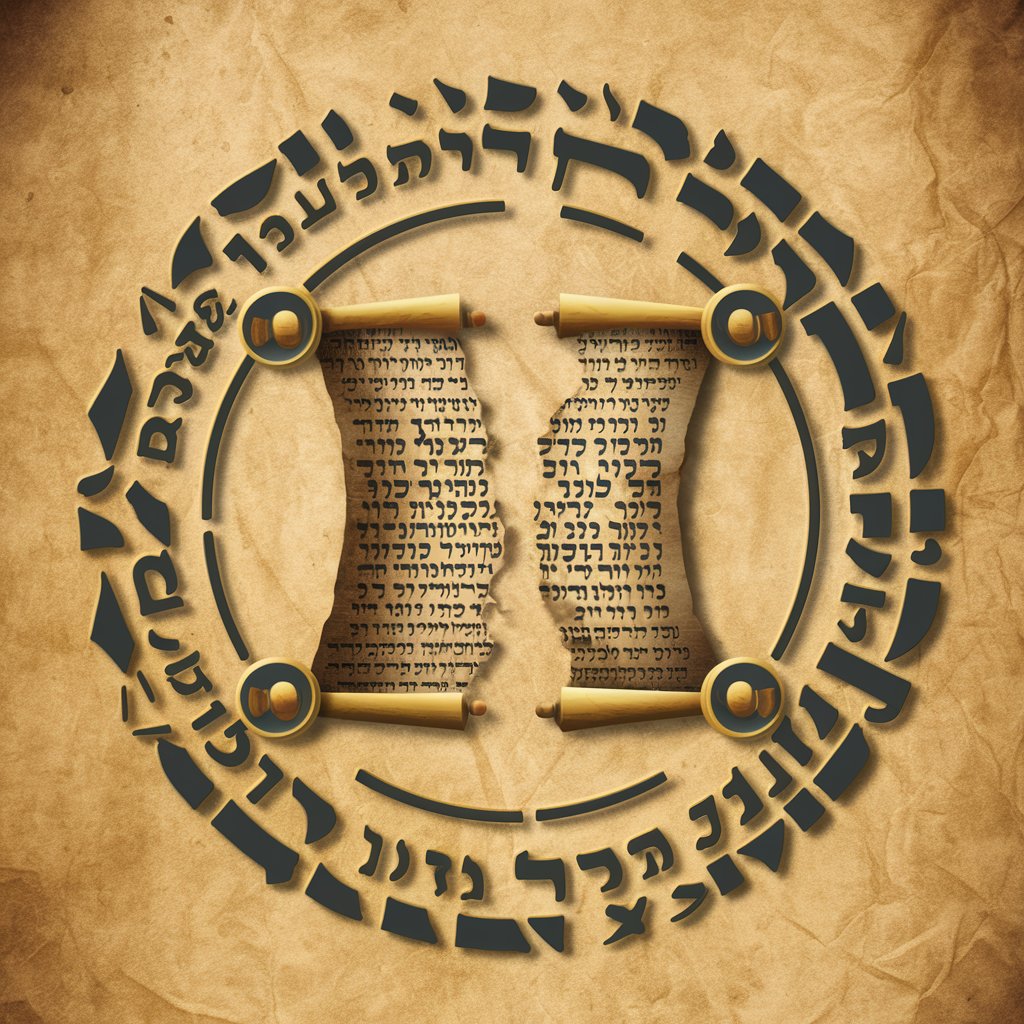
Chapter Critique Expert
Refining narratives with AI-powered critiques.
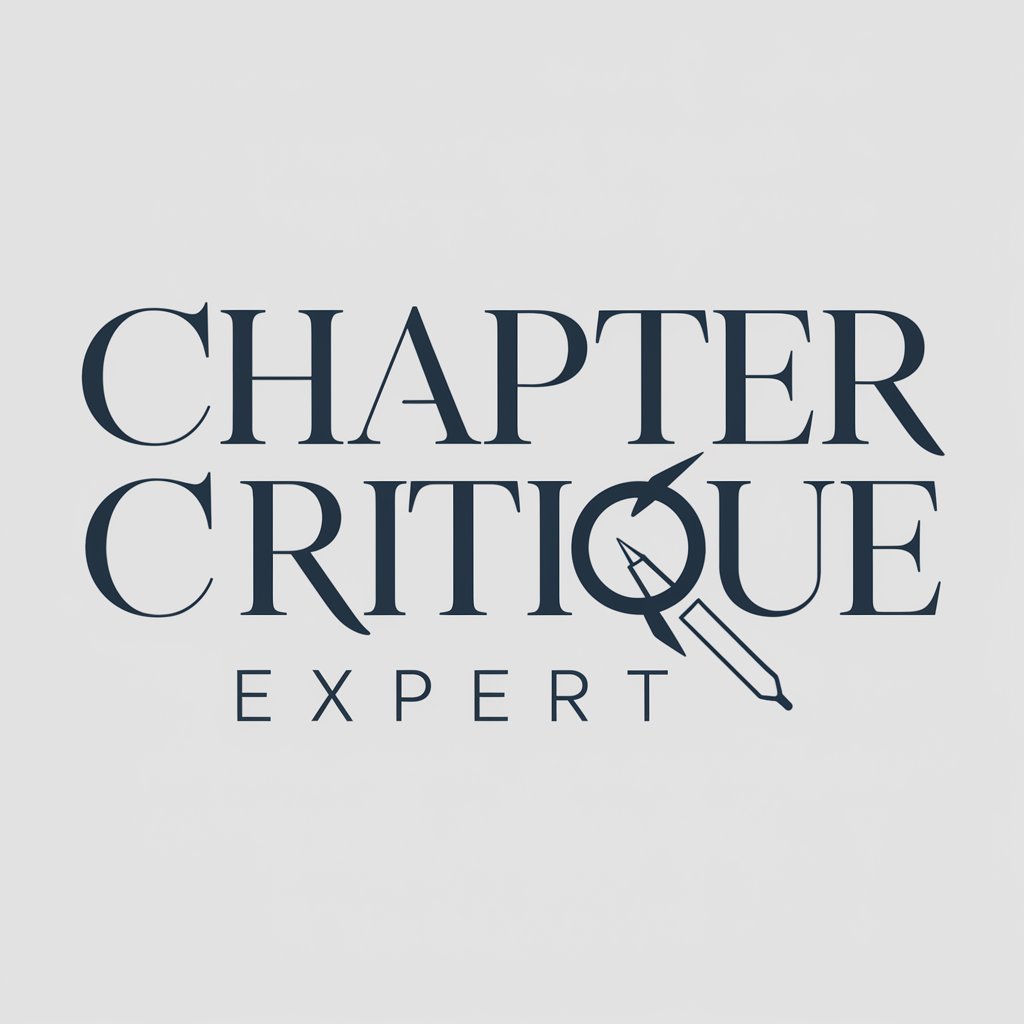
Novel Chapter Summarizer
Transforming chapters into concise summaries with AI.
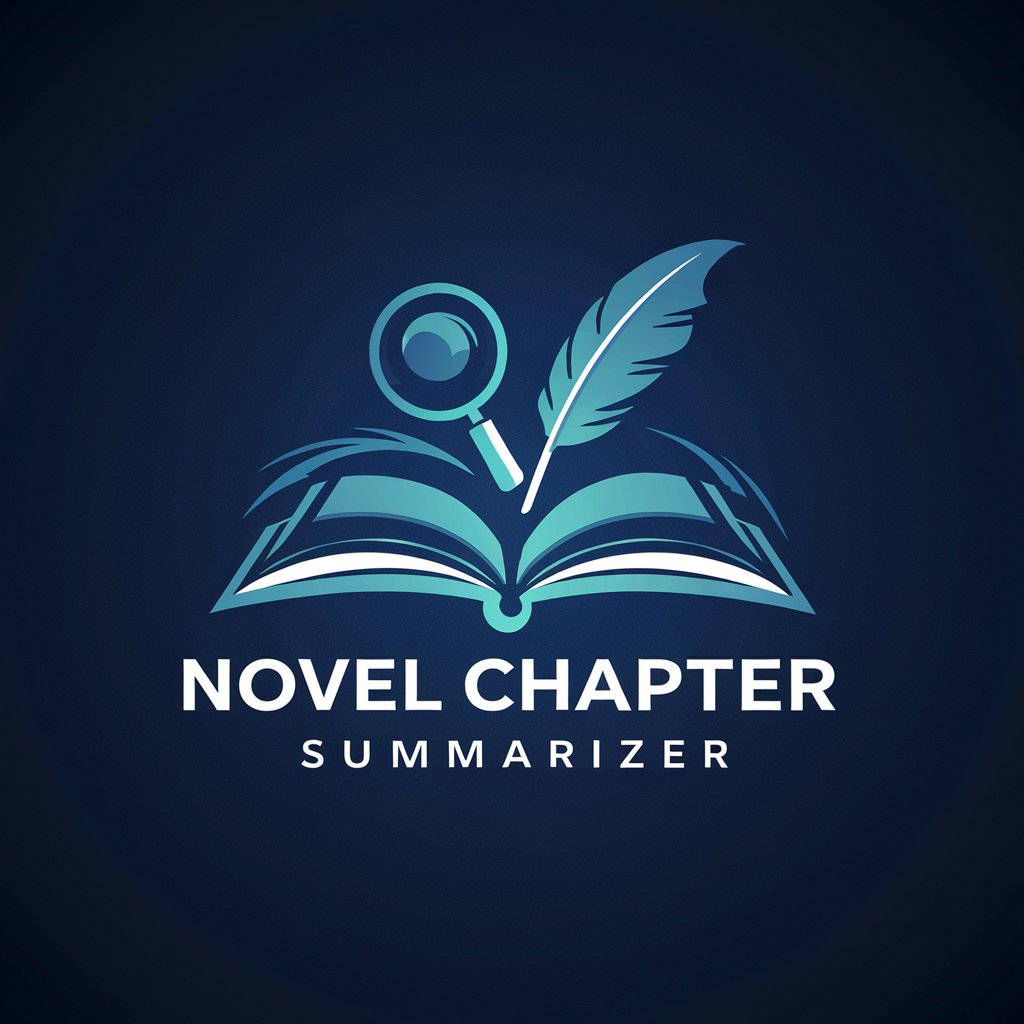
Questions and Answers about Old Man Holding Bible, Quran, and Torah
What topics can I discuss with this tool?
You can discuss a broad range of topics related to Abrahamic religions, including theology, history, scripture interpretation, religious practices, and comparative religion studies.
Is this tool suitable for academic research?
Yes, it is designed to provide detailed, reliable information suitable for academic research, offering insights into theological concepts, scriptural analysis, and historical context.
Can non-experts use this tool effectively?
Absolutely, the tool is designed to cater to users with varying levels of knowledge, offering accessible explanations and adapting to the user’s level of understanding.
Does this tool cover modern religious issues?
Yes, it addresses both ancient texts and modern interpretations, discussing contemporary issues in the context of Abrahamic religions.
How can I get the best results from using this tool?
Provide clear, specific questions, engage actively in the conversation, and use the tool's ability to clarify and delve deeper into subjects for a more comprehensive understanding.
